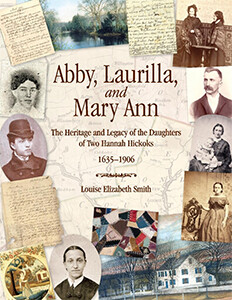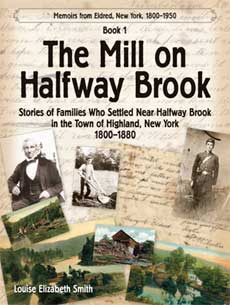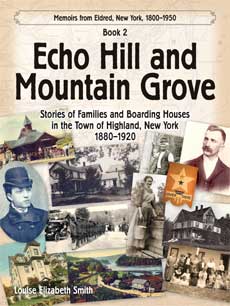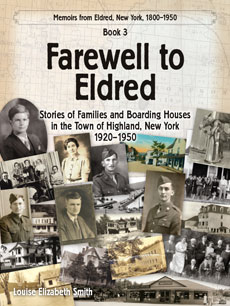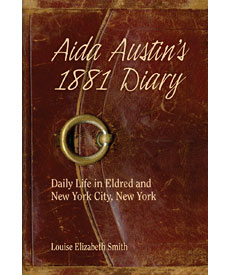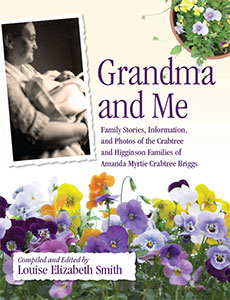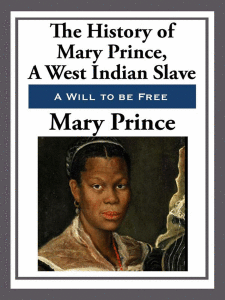
Hannah Smith and her daughters were very much involved in the Abolition movement which fought to free slaves. It was a very challenging chapter to write because of the horrors and many injustices involved with people who had been enslaved.
This is the first of several sidebar posts from “Chapter Ten: The Heinous Sin, the Smiths and the Abolitionists, 1830s.”
I have been a Slave myself…The man that says Slaves be quite happy in slavery—that they don’t want to be free—that man is either ignorant or a lying person. I never heard a Slave say so.
I never heard a Buckra (White) man say so, till I heard tell of it in England…The great God above alone knows the thoughts of the poor Slave’s heart, and the bitter pains which follow such separations…—Mary Prince, The History of Mary Prince.
There was a very concerted effort in Great Britain to free Slaves. The story is well told in Simon Schama’s, Rough Crossings. British heroes include the incredible John Clarkson.
On May 15, 1830 English members of the Anti-Slavery Society (including Wilberforce and Thomas Clarkson, brother of John) held a convention requesting slavery be abolished in the British Empire as early as possible.
Using pamphlets, handbills, and posters, English Anti-Slavery societies increased from 200 to 1,300. Petitions with hundreds of thousands of signatures flooded Westminster. Three hundred fifty thousand women signed one of the more than five thousand petitions to end slavery, which were then sent to Parliament.
In 1831 The History of Mary Prince was published. Mary Prince’s first person account told of the many trials she endured as a Slave growing up in Bermuda and is thought to have encouraged the freeing of Slaves in the British West Indies.
In August 1833 King William IV signed the West India Emancipation Act. The act was to take effect in 1840, to give the economies of the West Indies time to adjust to the change. The law used a two-step approach to free 800,000 Africans from their British slave owners. Great Britain was to pay slave owners £20 million to free the West India Slaves.
The law took effect in Bermuda in 1834, as it was not dependent on slavery. The rest of the West Indies protested so strongly, that abolishing slavery was enacted in 1838, two years early.—John L. Thomas, The Liberator, William Lloyd Garrison, 121–2; Simon Schama, Rough Crossings, 413, fn19; Montgomery, The Leading Facts of American History (published 1899), 243.
Note: The book cover above was published by Start Publishing LLC and Distributed by Simon & Schuster. There are ebooks available and an audio book of Mary Prince’s amazing story.


